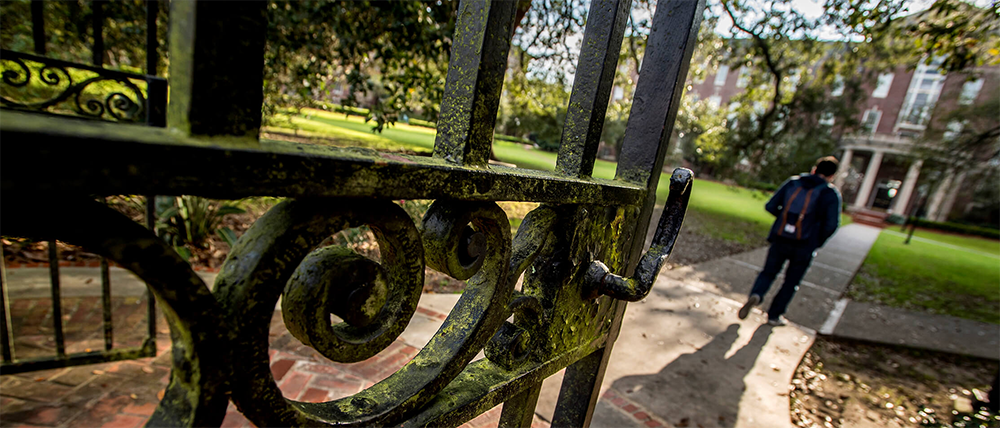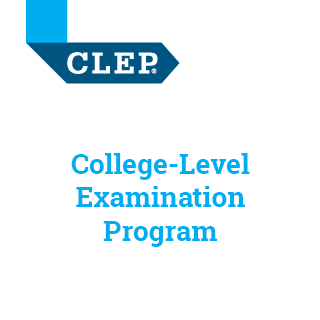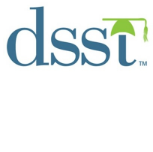Academic Credit for Life & Work Experience
Request Information
By submitting this form, you agree to receive information about the Tulane School of Professional Advancement’s programs via email, phone and/or text. You may opt out at any time.

The vast majority of students at SoPA come with extensive professional and other experiences; in many cases, these translate into advanced standing or exemptions from certain academic requirements and coursework. Credit for prior learning can be awarded for learning outside of the classroom, including work experience, community service, and military training. Credit can also be earned through examination such as the College Level Examination Program (CLEP), DANTES Subject Standardized Tests (DSST), and language proficiency testing.
Prior Learning Assessment

SoPA undergraduate students may receive up to 24 prior learning credits from portfolio assessment, examination, and military and post-secondary training. The total of all prior credit, include transfer courses, can be up to 60 credits. Prior learning credit may not be transferable to other divisions within Tulane. SoPA graduate students may receive up to 6 credits through prior learning assessment. Please consult your academic advisor for additional information about the process.
Transfer Credit By Examination
For students with extensive experience and knowledge in particular fields, SoPA offers credit for successful completion of two examinations: the College Level Examination Program (CLEP) and the DANTES Subject Standardized Tests (DSST). Eligible students may earn up to 24 credits through these testing methods.

CLEP: Administered by the College Board, the CLEP examination allows students to illustrate a mastery of college-level introductory topics, including subjects such as financial accounting, American government, natural sciences, and much more. Students must achieve the minimum passing score to be eligible for credit at SoPA.

DSST: This exam is focused on non-traditional learners, including adult students and military personnel. Achieving the minimum required passing score in exams that cover topics such as human resource management, principles of public speaking, and organizational behavior can grant students credit for their knowledge.

Portfolio Assessment Credit
At SoPA, we're dedicated to helping working adults advance their careers through flexible degree programs that align with their goals and schedules. For those who are returning to school with a repertoire of professional experience, portfolio assessment offers students an opportunity to earn credit for life and work experience. Students build a portfolio that demonstrates what they have learned through professional and prior life experience. The portfolios are assessed by a qualified faculty member.
For students seeking undergraduate degrees, Tulane SoPA will award up to 24 portfolio credits. Graduate students can earn up to 6 portfolio credits. Undergraduate students can earn an additional 3 elective credits for completing PAPL 1000, Prior Learning Portfolio Development Course.

Portfolio Assessment Credit
At SoPA, we're dedicated to helping working adults advance their careers through flexible degree programs that align with their goals and schedules. For those who are returning to school with a repertoire of professional experience, portfolio assessment offers students an opportunity to earn credit for life and work experience. Students build a portfolio that demonstrates what they have learned through professional and prior life experience. The portfolios are assessed by a qualified faculty member.
For students seeking undergraduate degrees, Tulane SoPA will award up to 24 portfolio credits. Graduate students can earn up to 6 portfolio credits. Undergraduate students can earn an additional 3 elective credits for completing PAPL 1000, Prior Learning Portfolio Development Course.
Why Does SoPA Offer This Opportunity?
We want to work with you to find a path that fits your schedule and helps you succeed in the job market. Developing a portfolio is one path toward academic and professional success. Schedule an appointment with your academic advisor to get started.
Students benefit from significant savings!
- Save time and money. Undergraduate students save, on average, $6,000 in tuition and fees. Graduate students save, on average, $3,000 in tuition and fees.
- Earn your degree faster. On average, undergraduate students earn a total of nine credits.
- Accelerate your career. Take charge of your career by earning your degree faster and for less money.
Portfolio assessments are conducted by SoPA specially trained faculty, who will match your portfolio against “learning objectives” for SoPA courses.
Portfolio Assessment Credit

At SoPA, we're dedicated to helping working adults advance their careers through flexible degree programs that align with their goals and schedules. For those who are returning to school with a repertoire of professional experience, portfolio assessment offers students an opportunity to earn credit for life and work experience. Students build a portfolio that demonstrates what they have learned through professional and prior life experience. The portfolios are assessed by a qualified faculty member.
For students seeking undergraduate degrees, Tulane SoPA will award up to 24 portfolio credits. Graduate students can earn up to 6 portfolio credits. Undergraduate students can earn an additional 3 elective credits for completing PAPL 1000, Prior Learning Portfolio Development Course.
Why Does SoPA Offer This Opportunity?
We want to work with you to find a path that fits your schedule and helps you succeed in the job market. Developing a portfolio is one path toward academic and professional success. Schedule an appointment with your academic advisor to get started.
Students benefit from significant savings!
- Save time and money. Undergraduate students save, on average, $6,000 in tuition and fees. Graduate students save, on average, $3,000 in tuition and fees.
- Earn your degree faster. On average, undergraduate students earn a total of nine credits.
- Accelerate your career. Take charge of your career by earning your degree faster and for less money.
Portfolio assessments are conducted by SoPA specially trained faculty, who will match your portfolio against “learning objectives” for SoPA courses.
- The portfolio development course, PAPL 1000, is offered through CAEL and will be Pass/Fail.
- Students must have approval from an academic advisor or program director in order to have a portfolio evaluated.
- Portfolio credit can only be earned for courses in one of SoPA's applied academic programs, including General Legal Studies, Business Studies, Emergency & Security Studies, Kinesiology, Digital Design, and Applied Computing.
- Portfolio credit will not be permitted for capstone courses, practica, internship courses, and courses with labs.
- Undergraduate students must have been enrolled at SoPA for at least one semester prior to registering for the portfolio assessment course, have at least a 2.0 cumulative GPA, and have received credit for ENGL 1010 or an equivalent.
- The maximum number of credits a student can earn may be subject to limits based on SoPA’s transfer credit maximum and residency requirement.
- Graduate students wishing to develop and have a portfolio evaluated may audit the portfolio development course, or develop a portfolio through a self-guided process. The cost of each portfolio assessment is $1,246. Upon successful evaluation of the portfolio, the student will be awarded three graduate-level credit hours (the equivalent of one class). This is a tuition savings of $2,000.
- Undergraduates who wish to have an assessment beyond the first three in the PAPL 1000 course may apply for additional assessments for a fee of $576 per assessment.
- Due to the condensed nature and timing of the PAPL 1000 course, no tuition refunds are available after the first week of class. Due to the self-guided process of the graduate course, no refunds will be given.
Graduate students in good academic standing may transfer up to 9 credits from a regionally accredited college or university. Coursework from foreign universities will be referred to the Center for International Studies for evaluation and translation, if necessary. SoPA accepts credit from institutions not belonging to a regional accrediting body at its discretion.
SoPA accepts up to 60 credits toward the bachelor’s degree that have been earned at regionally accredited colleges and universities. The General Legal Studies program accepts credits for courses taken at an American Bar Association-approved paralegal program. Coursework from foreign universities may be referred to the World Education Services for evaluation and translation. SoPA accepts credit from institutions not belonging to a regional accrediting body at its discretion.
Military and Public Safety Training
SoPA students who are graduates of training academies for police officers, firefighters, and paramedics may earn up to 12 elective credits toward a bachelor’s degree. Individuals applying for these credits must be able to document their graduation from a training academy and/or certification. With the director's approval, veterans and active duty military students may earn up to 24 credits through a Joint Services transcript and ACE credits. Up to 60 credits may be accepted for transfer from the Community College of the Air Force, which holds regional accreditation.
